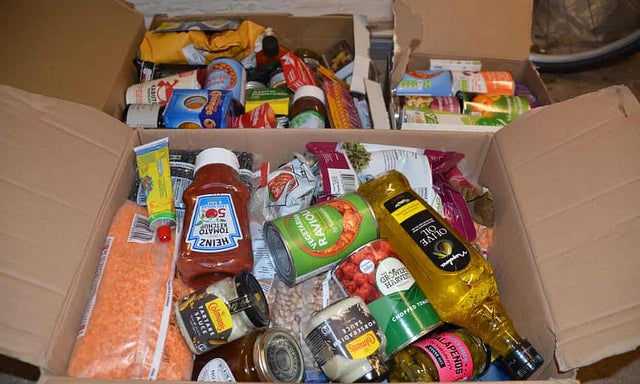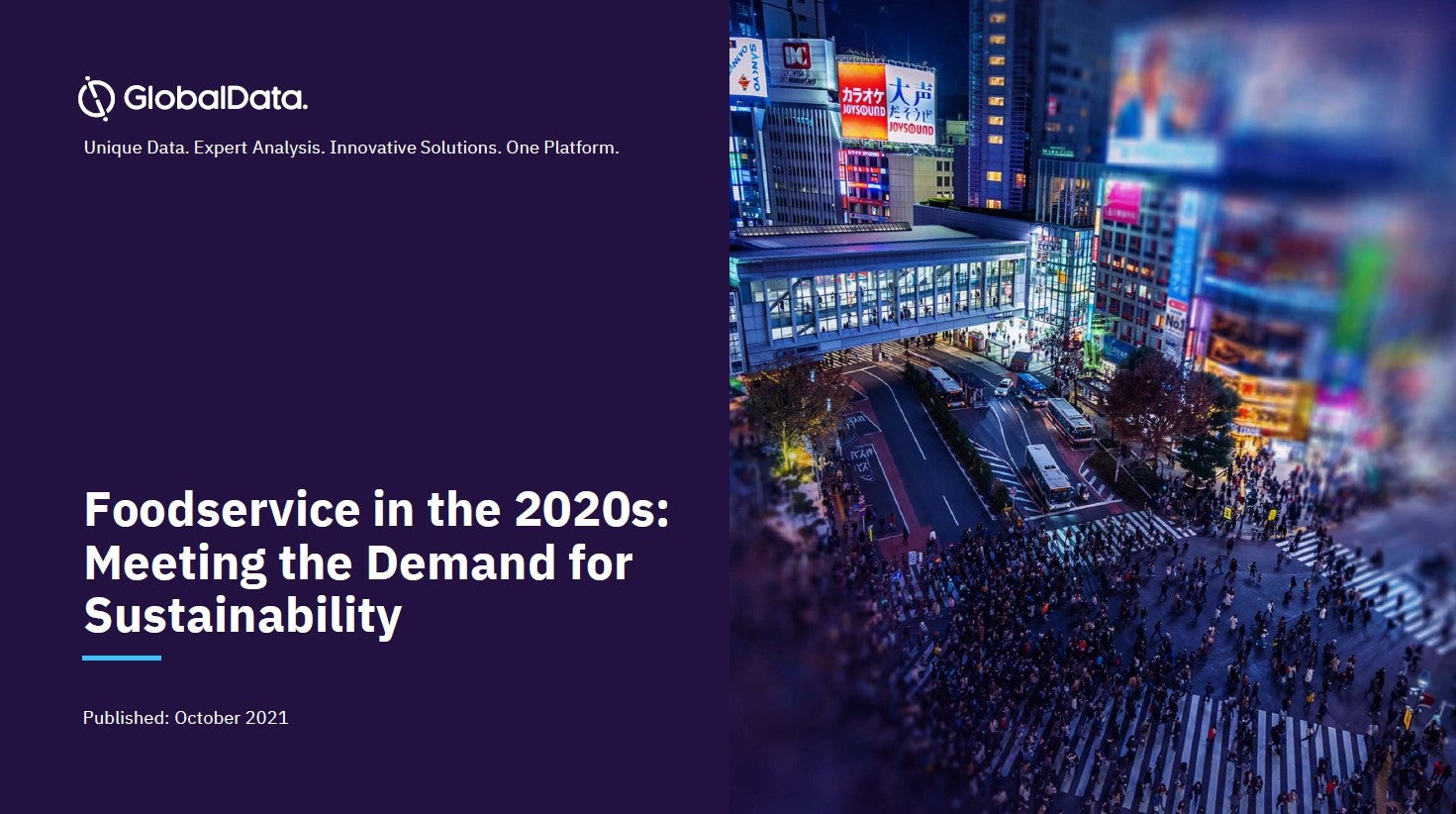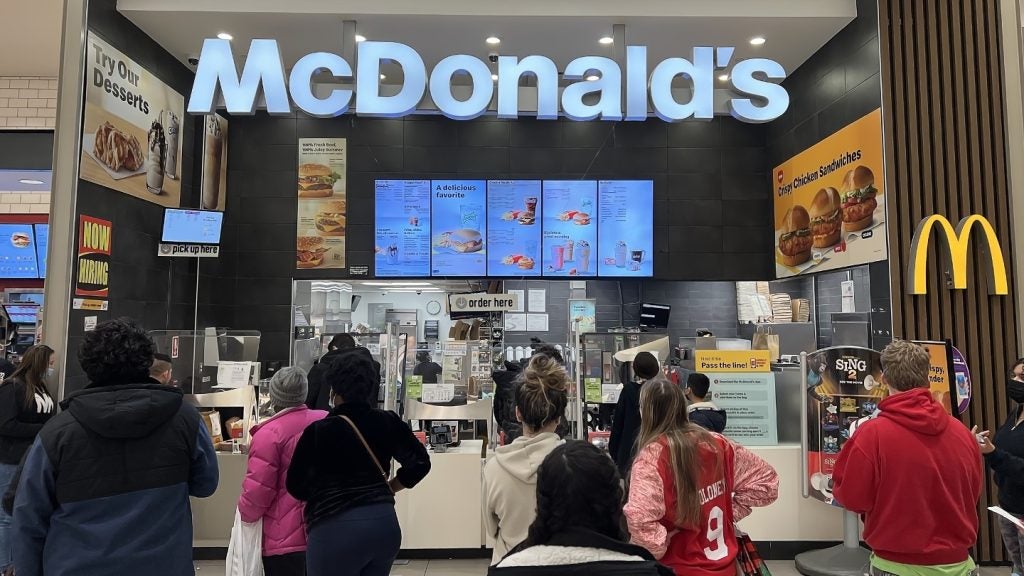
The UK is due to leave the EU on 29 March, with Prime Minister Theresa May struggling to get a good deal for the country by the time Brexit happens. Whatever the outcome, the food and drink industries could be two of the sectors that are affected the most by leaving the EU, but what will be the impact of Brexit on the foodservice industry?
Impact of Brexit on the foodservice industry: Key factors
Verdict Foodservice examines three of the biggest ways in which the foodservice industry will be affected by Brexit; access to workers, the decline of the pound and food shortages.
Access to workers
Food and drink manufacturing is the largest manufacturing sector in the UK, and food and drink retail is the largest service sector employer. In the UK, 410,000 people are employed in food manufacture, with 30% of them being non-UK EU nationals at all skill levels.
Many restaurant chains across the UK fill their rosters with large numbers of EU migrants. For example, popular Italian restaurant chain Carluccio’s employs 2,300 people, 1,550 of which are non-British EU citizens living in the UK. The public’s vote to leave the EU in June 2016 has presented the foodservice sector with challenges when it comes to migration and access to labour.
Pret A Manger has already reported that just one in 50 job applications it receives are from British workers meaning it would suffer a staff shortage if EU immigration was blocked. Meanwhile, Food and Drink Federation director general Ian Wright found in a survey of manufacturers that many EU employees felt ’unwanted and uncomfortable’.
How well do you really know your competitors?
Access the most comprehensive Company Profiles on the market, powered by GlobalData. Save hours of research. Gain competitive edge.

Thank you!
Your download email will arrive shortly
Not ready to buy yet? Download a free sample
We are confident about the unique quality of our Company Profiles. However, we want you to make the most beneficial decision for your business, so we offer a free sample that you can download by submitting the below form
By GlobalDataFindings from a survey carried out by the UK Food and Drink Supply Chain Workforce Group found that on average a third of the food and drink supply chain’s permanent workforce are EU nationals. Almost three-quarters of respondents said they face challenges when recruiting permanent local staff and almost two thirds when looking for local seasonal/temporary workers. If organisations across the food chain did not have access to EU nationals, over a third of respondents said their business would become unviable.
The survey found one of the main complications of bringing in new workers was the availability of labour. As a result of the Brexit referendum, almost three-quarters of respondents reported that the EU nationals in their workforce are concerned about their right to remain in the UK and almost half said EU nationals are considering leaving.
The decline of the pound
A lower value pound will increase raw material costs for food producers, which could end the recent deflationary food environment. This would be good for consumers as the price of food was cheaper. But the decline of the pound could see prices increasing for food across the foodservice and hospitality sectors.
Over 5,500 restaurants are at risk of closing down across the UK as the pound’s falling value since the Brexit vote has raised costs for imported food and has decreased consumer spending. Inflation pressures could cause thousands of restaurants in the UK to go bust within the next three years, according to new research by accountancy firm Moore Stephens.
Restaurants have also seen an increase in the cost of labour, with the government raising the national minimum wage to £7.20 from £6.70 earlier in the year.
The Restaurant Group closed 33 restaurants across the UK, including 14 Frankie & Benny’s branches and 11 Chiquito restaurants in December 2016(when). It also plans to close the Garfunkels branch on the Strand.
Bank of England governor Mark Carney has said food prices could increase between 5% and 10% due to Brexit. The price rises will come partly from a fall in the value of the pound, from imposed tariffs and increased costs at the border as imports will have to be checked.
According to government statistics, the EU is a major source of food imports. Changes in the costs of imports – for example, through changes to tariffs or movements in exchange rates – will have a big impact on food prices.
The Bank of England and Office for National Statistics show the effect Brexit has already had on the sterling after Britain’s decision to leave the EU. Sterling decreased by 13% between January 2016 and March 2017. The rise in producer prices since the referendum has increased quickly since the referendum which will be passed on to consumers as Brexit unfolds.
Food shortages
According to government figures, the UK is only 60% self-sufficient when it comes to food and of food imports, 70% comes from the EU. Major British food manufacturer Premier Foods has increased supplies of ingredients according to Reuters.
Foodservice companies McDonald’s, KFC and Pret A Manger sent an open letter to UK lawmakers in January saying they would not be able to maintain the ‘choice, quality and durability’ of food if Britain leaves the bloc without an exit agreement in place that protects trade with Europe.
Fast food restaurants have tried to stockpile food but many have run out of storage and are limited in what they are able to freeze; for example, fresh salad cannot be frozen.
Brexit’s impact on fruit and vegetables could be quite significant as Defra figures state that the UK imported over 50% of its food in 2017 which included £11.1bn worth of fruit and vegetable imports which have a shelf life of a few days. The UK imports 85% of its vegetables from the EU.
A recent study by researchers at Imperial College London found that two extra minutes spent checking each vehicle coming into the UK from the EU post-Brexit could lead to traffic jams of up to 29 miles. At peak times, Kent could have nearly five hours of traffic delays.








